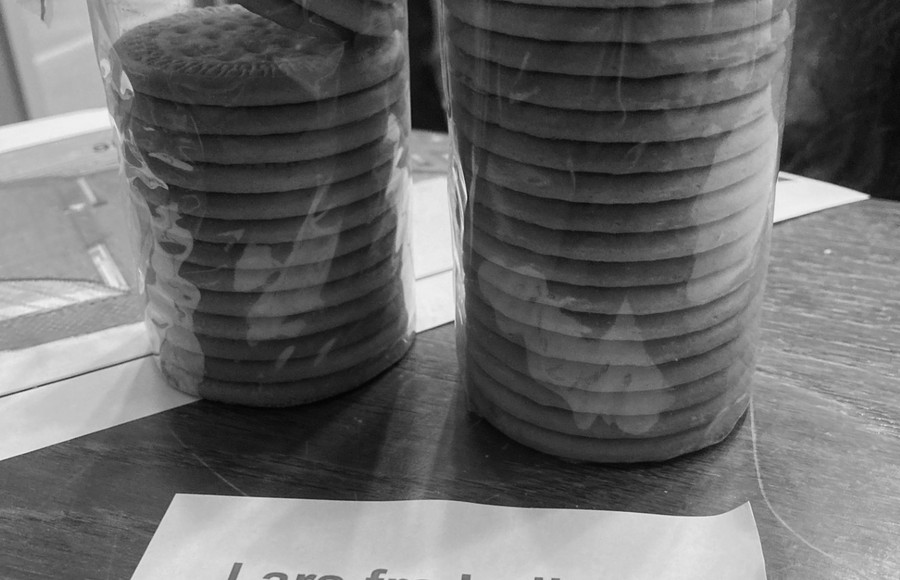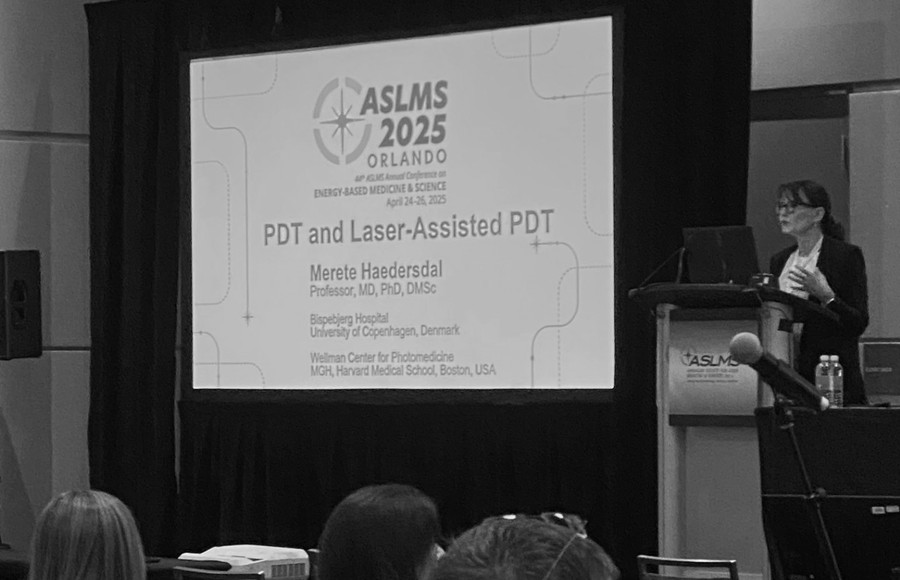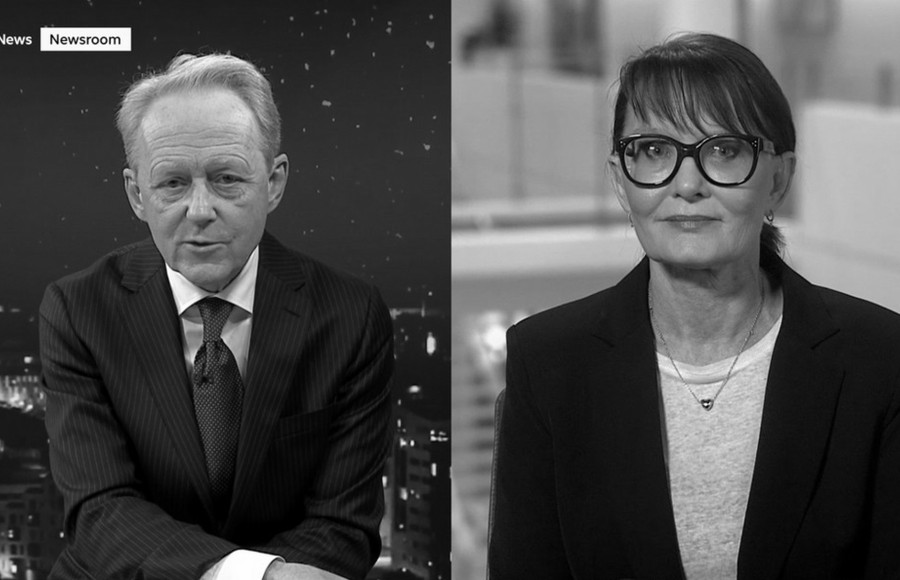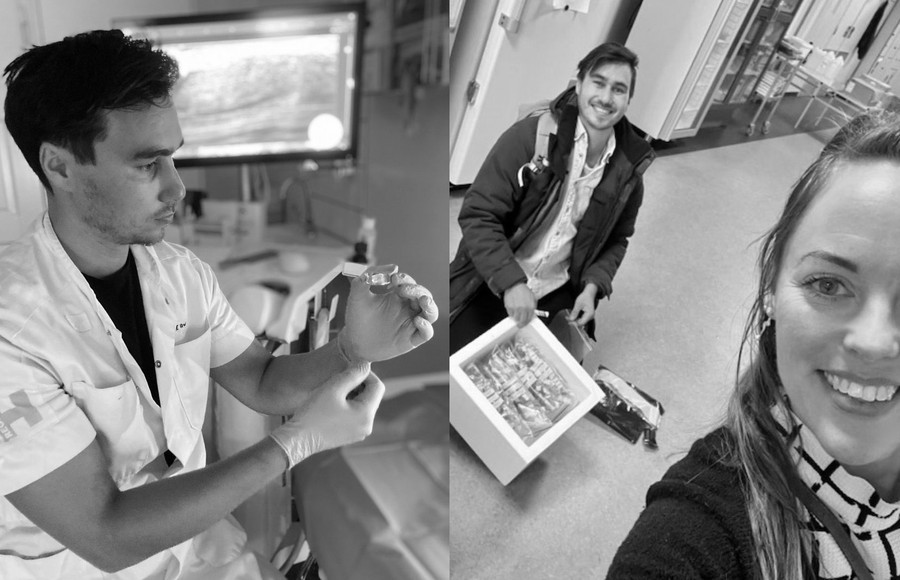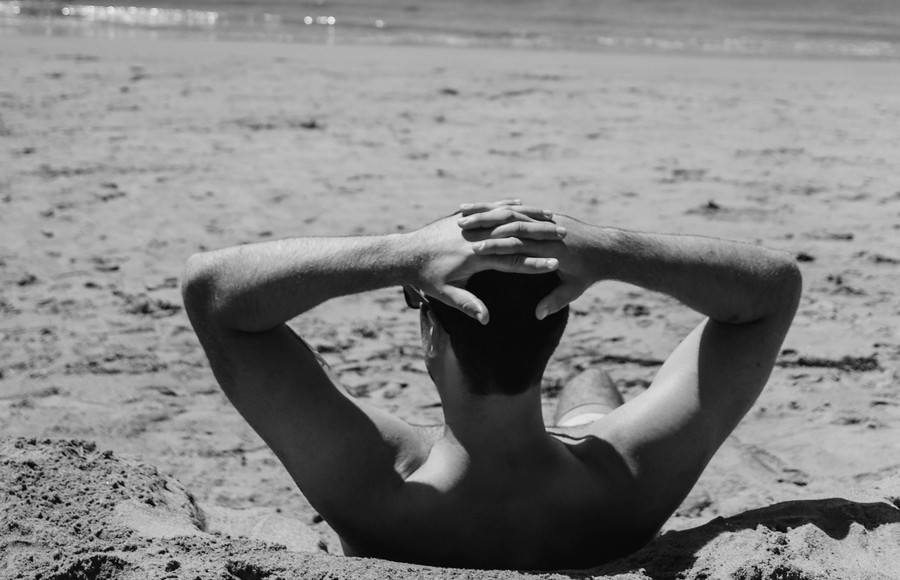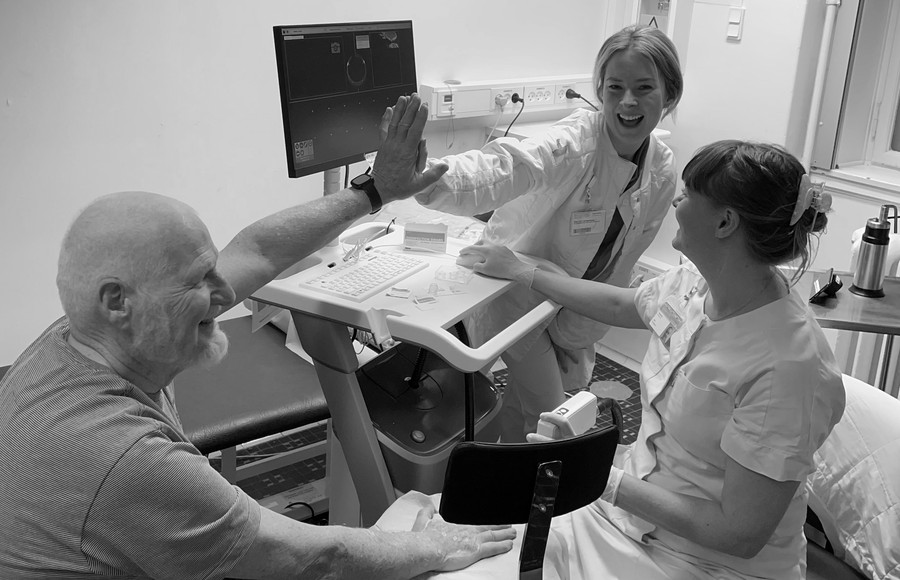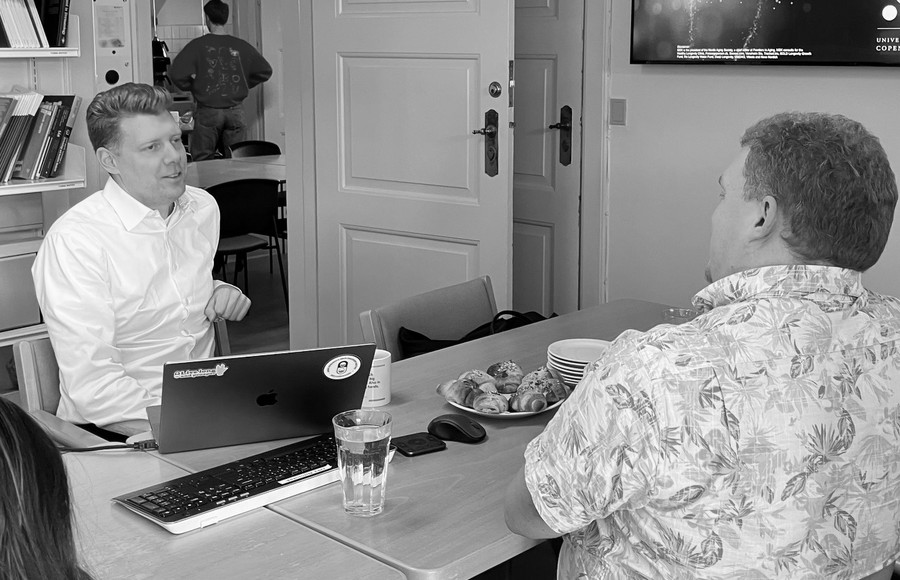Unlocking nature's shield: Can natural dietary supplements defend against the sun's harmful UV rays?
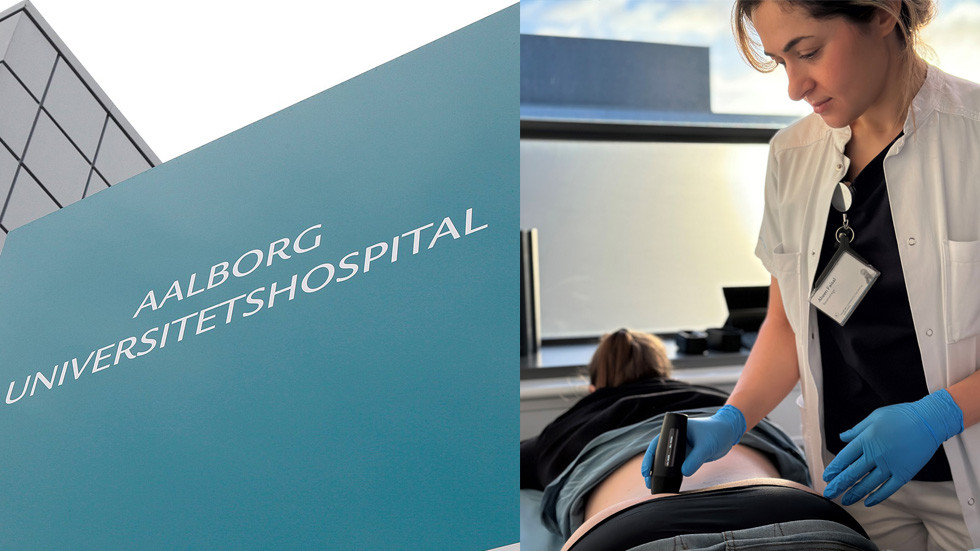
This question is currently under investigation by Dr. Aheen Faisal at Aalborg University Hospital. Aheen is employed in the Department of Dermatology and has been affiliated with the Danish Research Center for Skin Cancer since 2022.
Skin cancer is a growing problem worldwide. It is well-known that sunlight can lead to skin cancer. Despite extensive knowledge about the dangers of the sun's UV radiation, well-established protective methods such as sunscreen, clothing, and shade are not adequately utilized. Therefore, there is a need for research into new innovative methods of sun protection.
A total of 50 participants are involved in the research experiment, where it is being tested whether Nicotinamide (Vitamin B3) and Polypodium Leucotomos (plant extract) can provide protection against the sun's UV rays. Could these natural substances potentially form the basis for future sun protection?
The trial participants visit the Department of Dermatology at Aalborg University Hospital four times, where the sensitivity of the skin to light is tested, and the participants are exposed to UV light in a light cabin. Between the treatments, the test subjects take either Nicotinamide or Polypodium Leucotomos. Additionally, the participants' urine and skin are examined for UV-induced DNA damage and skin changes. All 50 patients have been recruited for the trial, and Aheen has now treated just over half. We expect all treatments to be completed by February 2024.
The research experiment will contribute to our knowledge of sun protection and provide a better understanding of how we can protect ourselves against skin cancer in the future. Once the final results are available, they will be published on our website.
